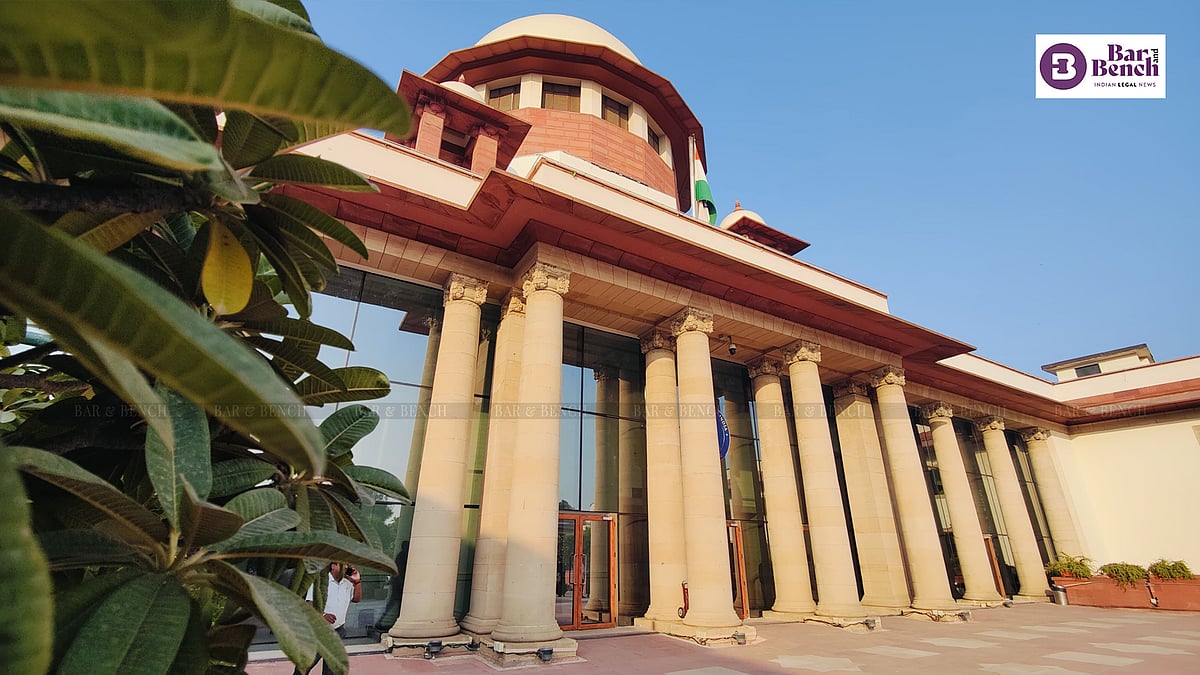 |
|
The Supreme Court of India has reaffirmed the principle that eligibility criteria for government jobs cannot be changed midway during the recruitment process. This landmark ruling stemmed from a case involving the recruitment of thirteen translator posts to the staff of the Rajasthan High Court, highlighting the importance of maintaining fairness and transparency in public sector hiring.
The case unfolded when twenty-one candidates appeared for the recruitment process, which initially involved a written exam followed by a personal interview. However, after the exam, the Chief Justice of the Rajasthan High Court introduced a new criterion, mandating that only candidates securing at least 75% marks would be considered for selection. This 75% threshold was not mentioned in the original notification announcing the recruitment process. Consequently, only three candidates qualified based on this amended criterion, leaving the remaining candidates out of the running.
Three unsuccessful candidates, contesting this unexpected change in the eligibility criteria, filed a writ petition with the Rajasthan High Court. This petition was dismissed in March 2010, prompting the unsuccessful candidates to appeal to the Supreme Court. They argued that the Chief Justice's unilateral imposition of the 75% mark criterion amounted to an unfair and arbitrary alteration of the rules of the game after the game had been played, thus violating the principles of natural justice and fair play.
In their appeal, the unsuccessful candidates relied on the Supreme Court's 2008 ruling in K Manjusree etc. vs State of Andhra Pradesh, which established the principle that recruitment rules cannot be amended to the detriment of candidates who have already participated in the selection process. The Supreme Court, recognizing the gravity of the case and the importance of upholding procedural fairness, upheld the principle laid down in the K Manjusree case. This decision effectively reinforces the principle that once a recruitment process is initiated with a specific set of rules, those rules cannot be altered unilaterally during the process, particularly if the changes work to the disadvantage of candidates who have already participated in the selection process.
The Supreme Court's decision in this case serves as a potent reminder to government institutions and recruitment bodies about the paramount importance of transparency, fairness, and predictability in the recruitment process. By adhering to these principles, not only can potential candidates approach the process with confidence, but the credibility and integrity of the entire public sector recruitment process can be maintained. The court's ruling underlines the necessity of establishing clear and transparent rules from the outset and adhering to them throughout the recruitment process. Any attempt to alter the rules mid-way, especially to the detriment of candidates who have already participated in the selection process, will be deemed as a violation of the principles of natural justice and fair play, potentially leading to legal challenges and undermining public trust in the recruitment system.
Source: Eligibility criteria for government jobs cannot be changed midway during recruitment: Supreme Court
